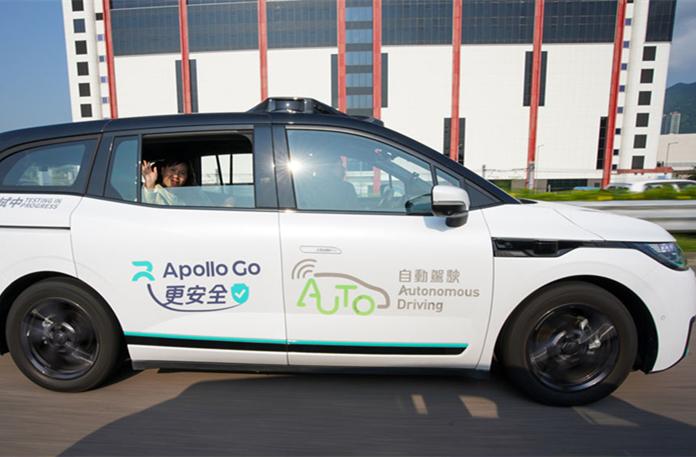
Baidu plans to launch its Apollo Go robotaxi service in Singapore and Malaysia, two key Southeast Asian markets, as early as this year, according to multiple media reports.
People familiar with the matter said Baidu is accelerating its expansion into overseas markets, with its autonomous driving division Apollo Go currently in discussions with local potential partners to explore the most suitable operational models for the two countries.
Baidu CEO Robin Li previously noted that the company is seeking partnerships with ride-hailing platforms, local taxi companies, and third-party fleet operators to implement a light-asset strategy.
This move comes as Tesla is set to launch its Cybercab robotaxi network, with CEO Elon Musk pinning the company's future growth on autonomous driving technology.
Meanwhile, Chinese companies such as Baidu, Pony.ai, and WeRide, which are listed in the U.S., are also expanding their businesses to the Middle East, Europe, and Southeast Asia.
The development of Apollo Go is accelerating, with over 1,000 autonomous vehicles deployed globally, most of which are in China.
As of the first quarter of this year, Apollo Go has provided over 11 million rides globally.
This figure surpasses the 10 million paid trips recorded by Waymo, the autonomous driving division of Alphabet, Google's parent company, as of May 23.
By the end of March this year, Baidu's Apollo Go successfully entered Dubai and Abu Dhabi.
Apollo Go announced a strategic partnership agreement with the Dubai Roads and Transport Authority (RTA), under which the two parties plan to deploy over 1,000 fully autonomous vehicles in Dubai.
Meanwhile, it also announced a strategic partnership with UAE autonomous mobility company Autogo to create the largest fleet of autonomous vehicles in the Abu Dhabi region.
Additionally, Baidu is evaluating the possibility of entering the European and Turkish markets and has discussed with PostAuto, a subsidiary of Swiss Post, to launch robotaxi services in Switzerland.
Currently, Apollo Go is conducting open-road validation tests in Dubai, which will soon be launched in Abu Dhabi as well.
Notably, Baidu has once again been approved to expand the autonomous driving test area for Apollo Go in Hong Kong.
The Hong Kong Transport Department announced on Wednesday that Apollo Go has been approved to conduct tests on designated sections of roads and during specific time slots in Tung Chung, Hong Kong.
This marks the third expansion of Apollo Go's testing area in Hong Kong since its launch in December 2024, representing another significant milestone in its development in the region.
Within just six months, Apollo Go's testing scope in Hong Kong has expanded from the initial area around the airport to the core region of North Lantau, and now extends into Tung Chung's urban living area, covering roads with more complex traffic scenarios.





